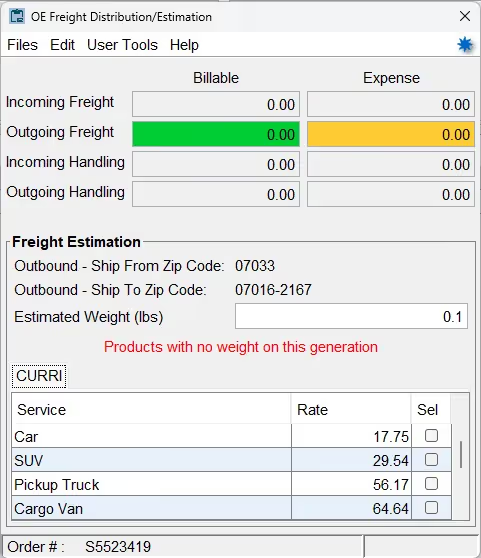What is route planning? How to optimize construction deliveries and reduce downtime
Ryan Miller
October 15, 2025
-min.avif)
As nice as it would be, construction materials and supplies don’t just appear on site. The reality is, distributors need to meticulously plan their delivery logistics to make sure clients get what they need, when they need it.
In this article, we’ll dive into what route planning is, the common challenges with it, and six tips for streamlining your logistics. Soon, your operations will be simplified before you know it.
What is route planning in the construction materials industry?
Route planning is the process of testing and finding the most efficient, safe, and cost-effective delivery routes for construction materials to reach the site. This process involves planning delivery stops while considering traffic, delivery windows, road restrictions, and vehicle size and capacity. The goal is to reduce travel time, fuel consumption, and boost productivity overall.
Common pitfalls businesses experience with delivery logistics
Common challenges in route planning logistics include:
- Using manual methods like spreadsheets or even paper and pen for planning.
- Failing to leverage real-time data.
- Ignoring driver needs and customer visibility.
- Using the wrong fleet type and size.
These problems could lead to more fuel consumption, customer churn, and driver burnout, not only making operations inefficient but ultimately hurting the business's bottom line.
6 tips for optimizing construction supply route planning
1. Understand your delivery needs
First, start by defining which types of deliveries your in-house team handles, if any. Whether they’re heavy loads, recurring routes, or time-sensitive day-of deliveries, knowing these details will help you optimize the schedule later.
Understand things like distance, frequency, and cargo types. This will help you avoid under- or over-allocating resources and better ensure your planning aligns with your business demand.
2. Assign the roles
When it comes to complex logistics, accountability is everything. Proper route planning includes assigning the right dispatchers, managers, and drivers to the right tasks and routes. This helps every team member understand what they’re responsible for, so they can better schedule, communicate, and execute.
The less confusion among the team, the fewer bottlenecks. A properly-defined chain of command also makes it easiest to identify errors and issues so that they can be resolved quickly.
3. Analyze historical data
Historical data on delays, fuel costs, and overall performance help reveal routing patterns that aid in future planning. These insights surface inefficiencies like recurring problem areas and underutilized routes. By gathering and learning from historical data, teams can build a better approach for faster, more consistent deliveries.
4. Get a fleet right for the job
The right vehicles for the job are a key factor in route planning logistics. Small, quick routes, for example, shouldn’t tie up your larger trucks, and heavy hauls need the right vehicle to support the material without overloading. Also, make sure to include the right vehicle accessories where appropriate, including pipe racks, Moffetts, and pallet jacks.
Keeping your fleet mix varied, elastic, and well-suited to your business needs will reduce fuel consumption, downtime, and maintenance time and costs.
5. Get an on-demand 3PL software for an elastic approach
Implementing an on-demand 3PL tool like Curri will give your operations flexibility when your delivery needs fluctuate. Instead of maintaining excess vehicles year-round, you can scale up and shrink your delivery logistics as needed.
This elastic approach helps control costs while keeping deliveries on time and reliable. On-demand fleets like Curri offer built-in routing intelligence to help teams handle tracking, scheduling, and route optimization. The interface supports drag-and-drop, lasso, and even AI-powered auto-assign technology, making even the most complex routes simple.
6. Monitor and refine your process
Optimizing your route planning isn’t a one-and-done process. It’s ongoing. By routinely reviewing performance metrics, delivery outcomes, and driver feedback, teams can identify areas for improvement. Minor tweaks to scheduling or routing approaches can lead to gains in effectiveness, efficiency, and customer retention. Constant monitoring and improvement are how teams stay agile and gain a competitive edge in the market.
How Curri supports modern route planning
Curri is a comprehensive logistics platform that supports modern route planning by combining data-intelligent tech with an on-demand nationwide fleet of drivers. This gives users and businesses the visibility and flexibility to plan, track, and deliver reliably.
The platform simplifies everything from scheduling to dispatch, using live data and AI-powered routing to optimize time, distance, and cost. Users can forecast traffic conditions, plan multi-stop routes, and even live track vehicles while they’re on the road. It’s a high-powered tool that stays easy to use for any type of team, from AI experts to tech novices.
Aside from planning and scheduling, Curri’s fleet ensures businesses can grow and shrink their route logistics without having to maintain excess vehicles and drivers. Automated status updates, proof of delivery, and performance analytics give teams full visibility from pickup to drop-off. This makes route planning flexible, fast, and accurate. It’s the most effective way to align with the pressing demands of modern construction and supply chain management. Here’s how Curri stacks up against conventional couriers.
Try Curri today
From Denver to Houston, New York, to Chicago, Curri helps construction material distributors plan and optimize their routing logistics. Curri offers FTL, LTL, dedicated, hotshot, and parcel service, ideal for teams with varied logistics needs.
And the best part? Getting started is as easy as signing up and booking your first delivery. Get your free demo with the Curri team today to learn more.
.jpg)








.jpg)
.jpg)
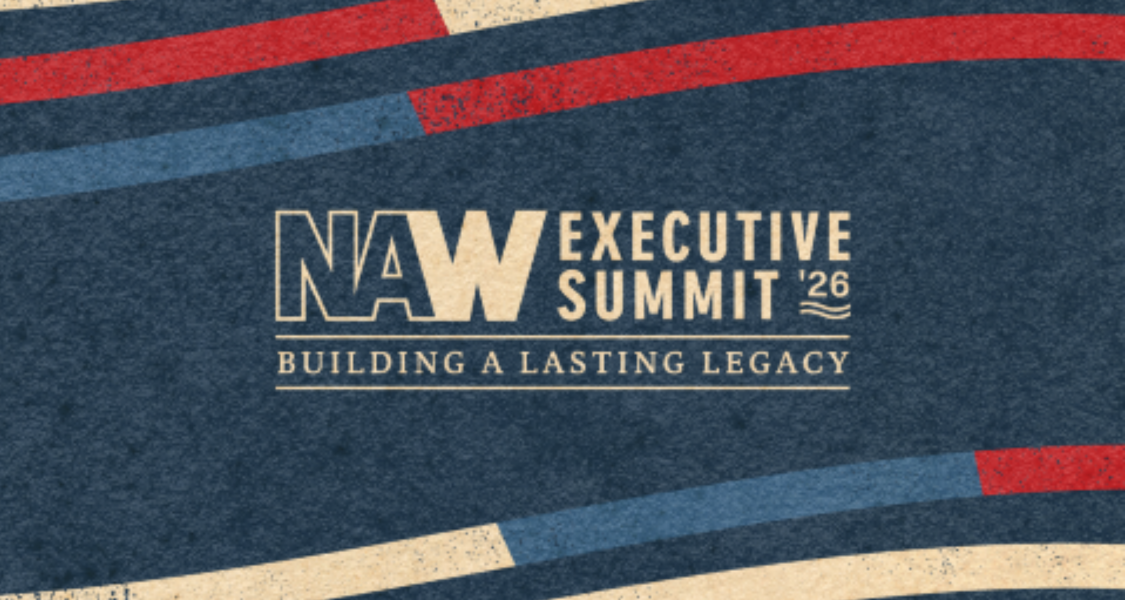

.png)
.jpg)
.jpg)
.jpg)
.jpg)
.jpg)
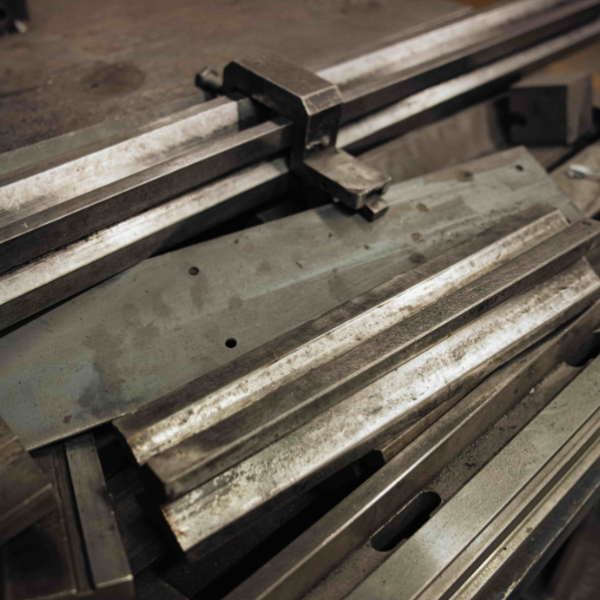

.avif)
-min.avif)

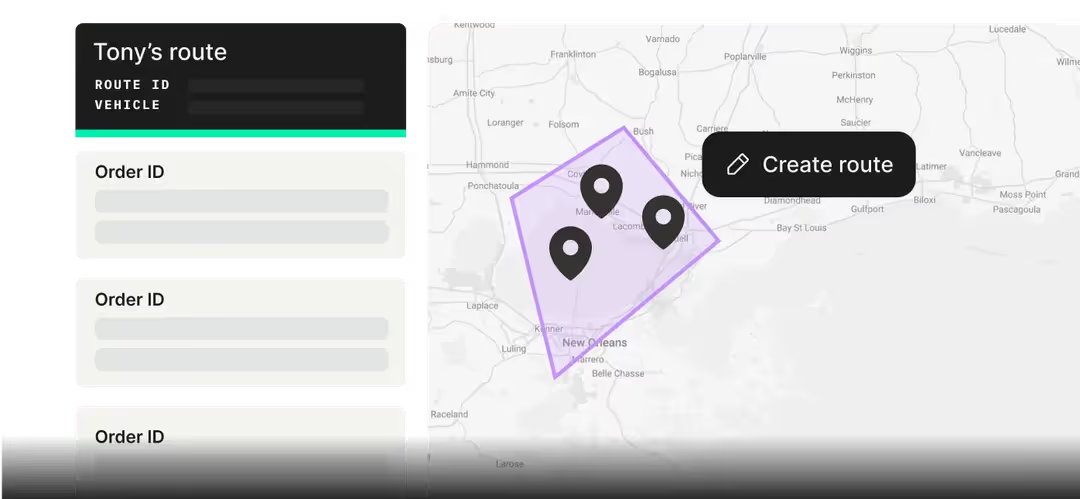
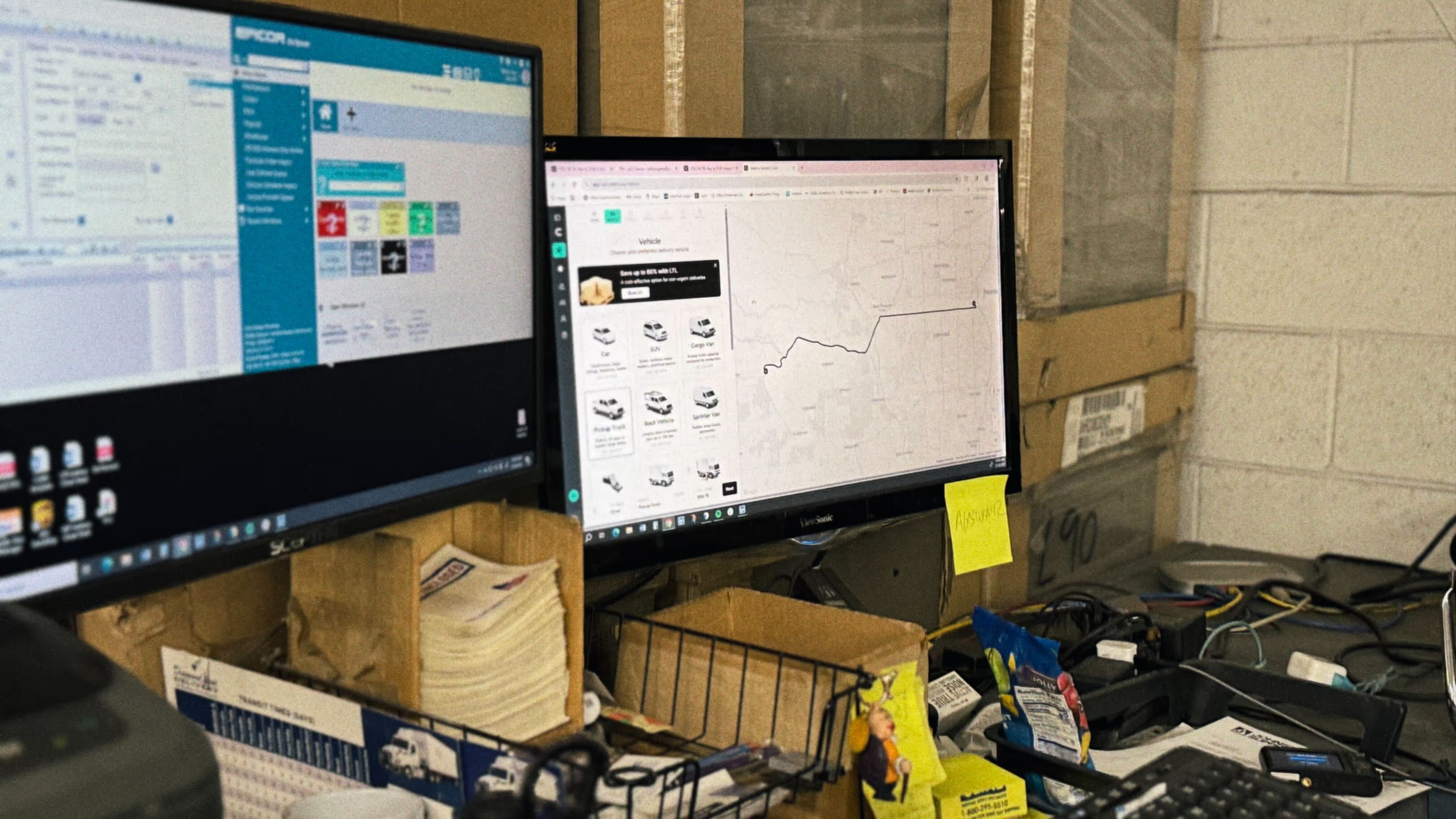
-min-min-min.avif)

.avif)


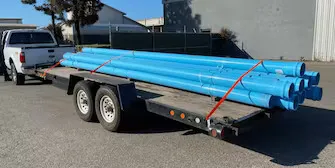
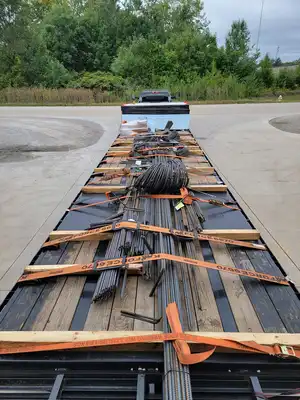

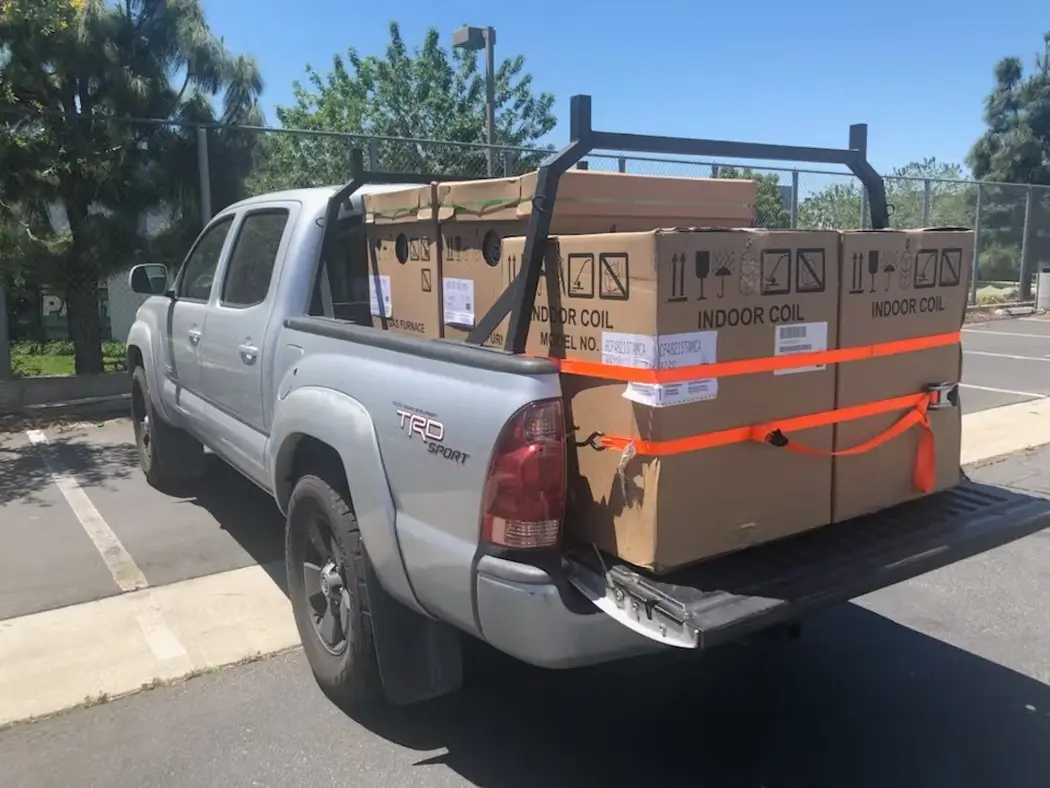
-min.webp)
.webp)
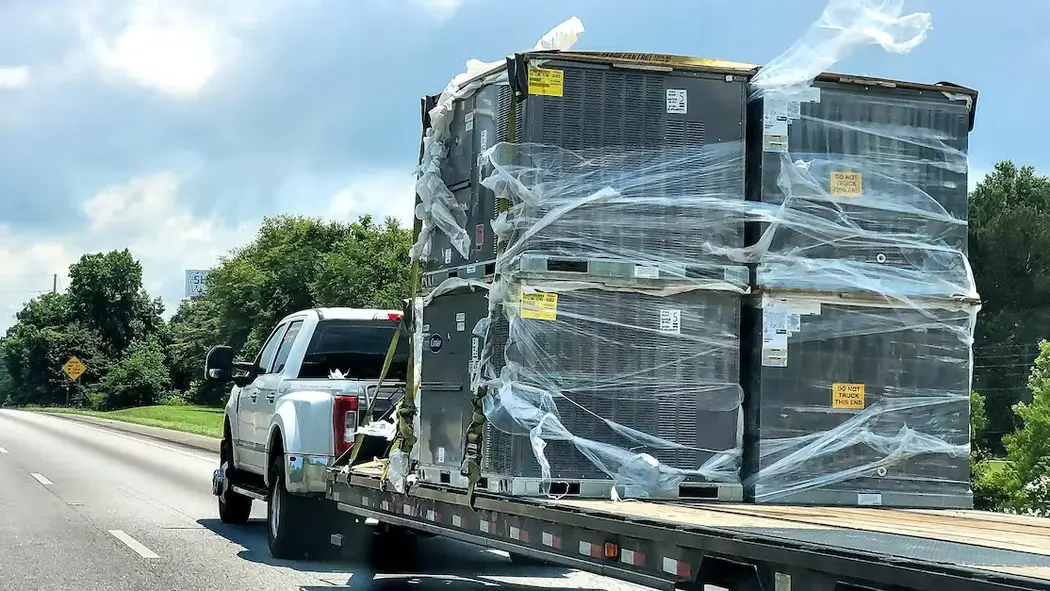


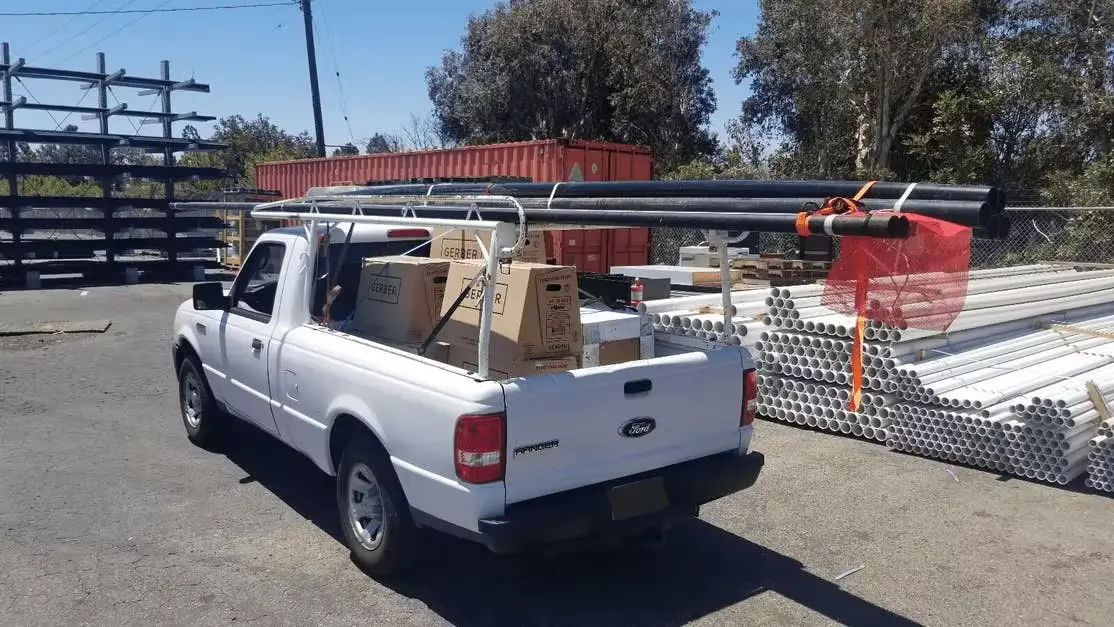

.webp)

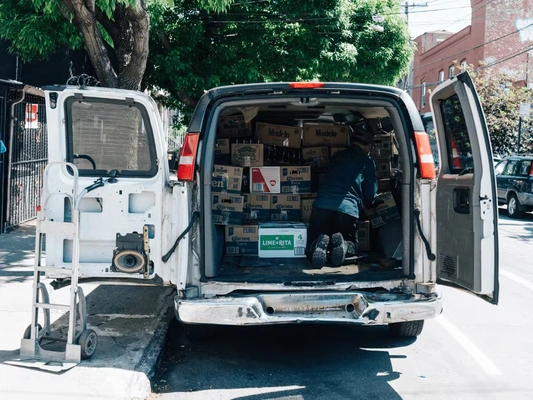


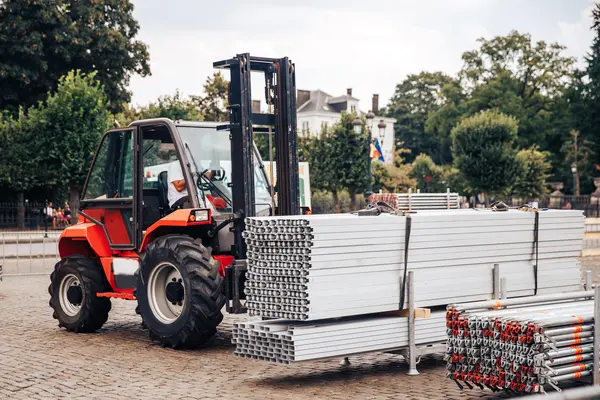
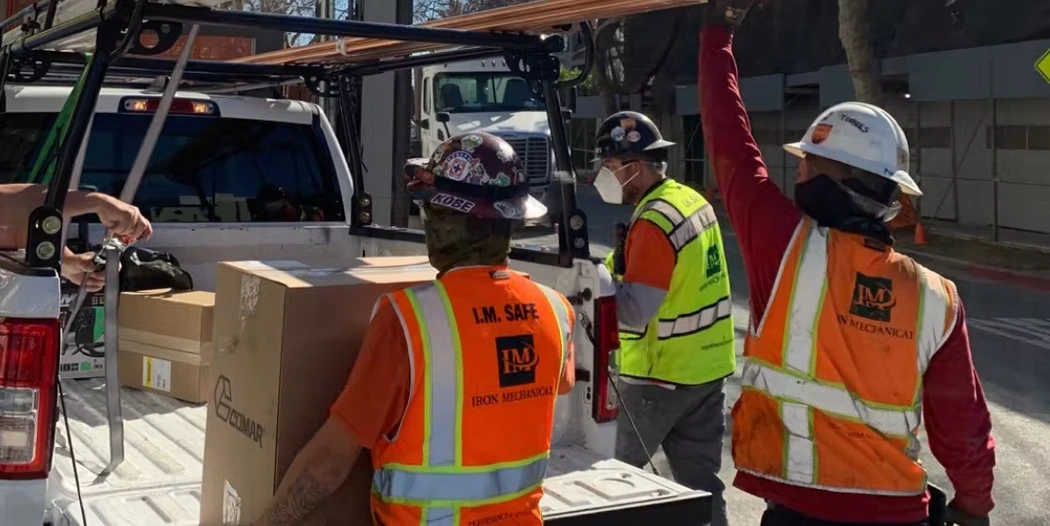
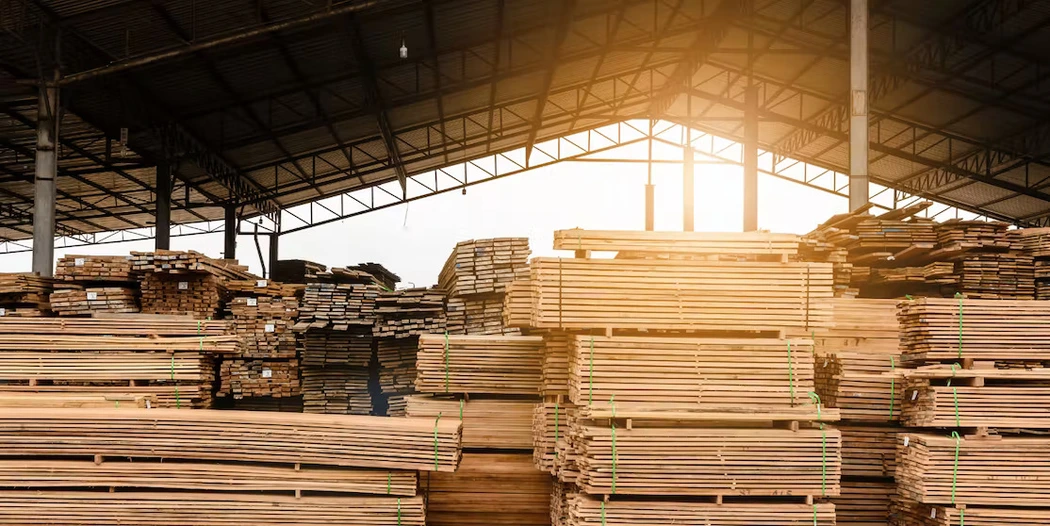




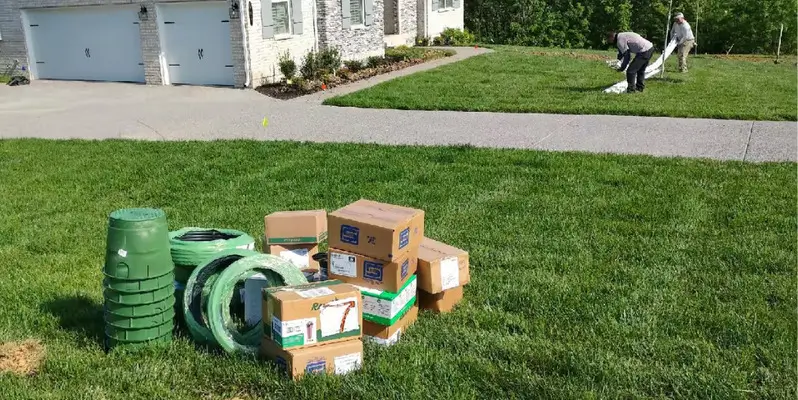
.webp)
-min.avif)


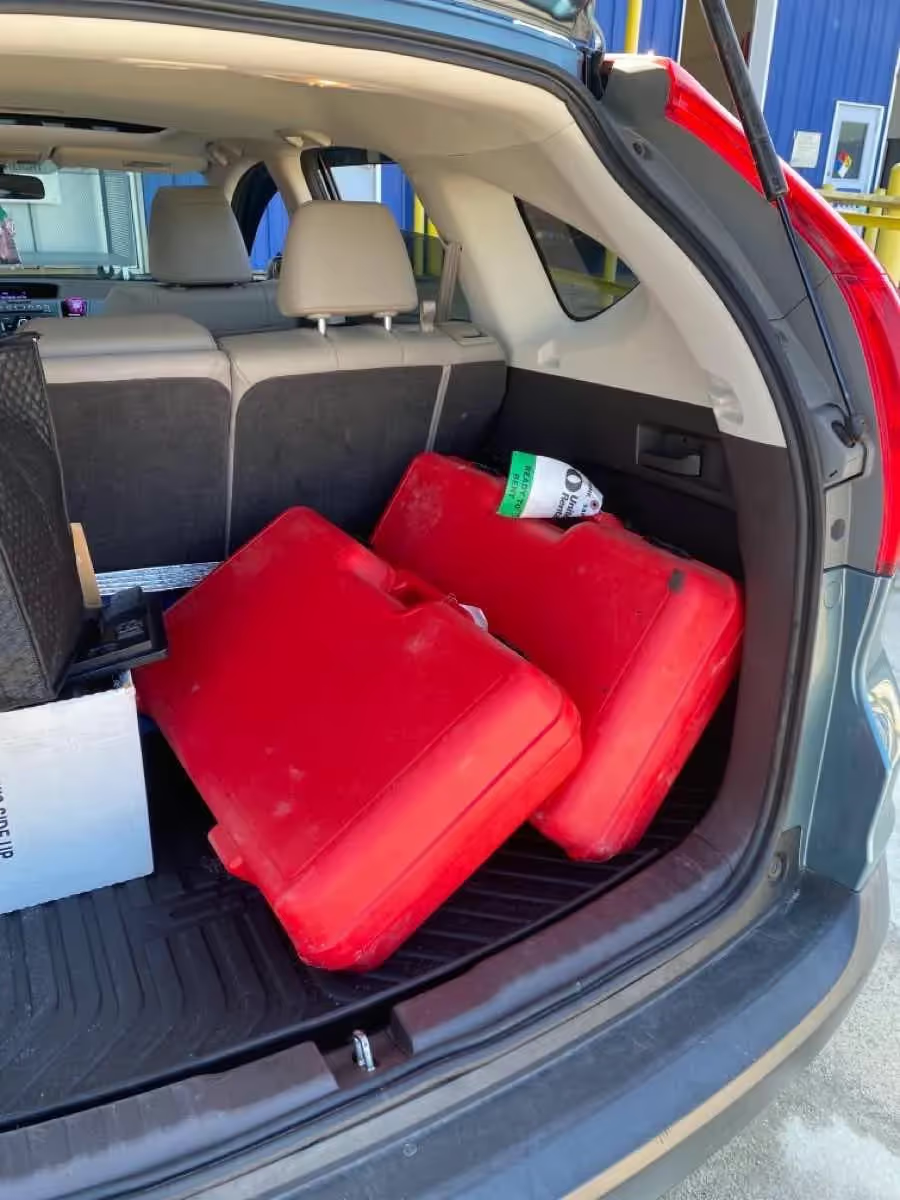

-min%2520(1).avif)


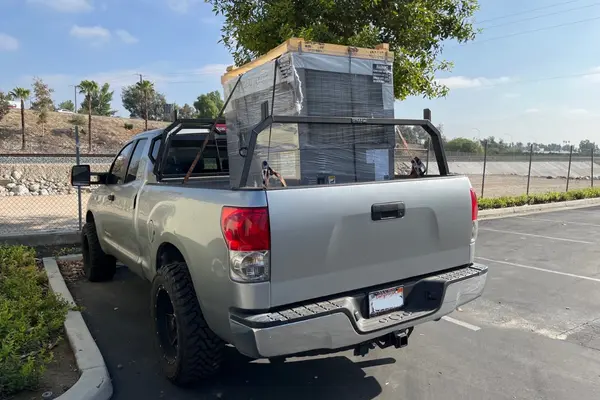


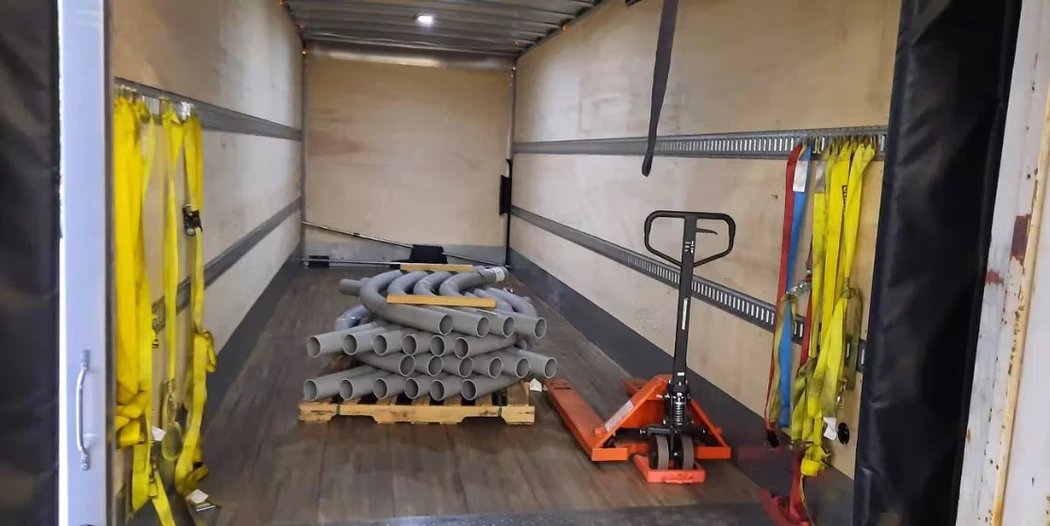
.avif)
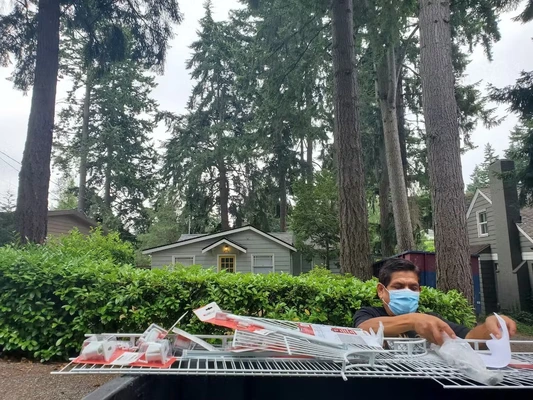

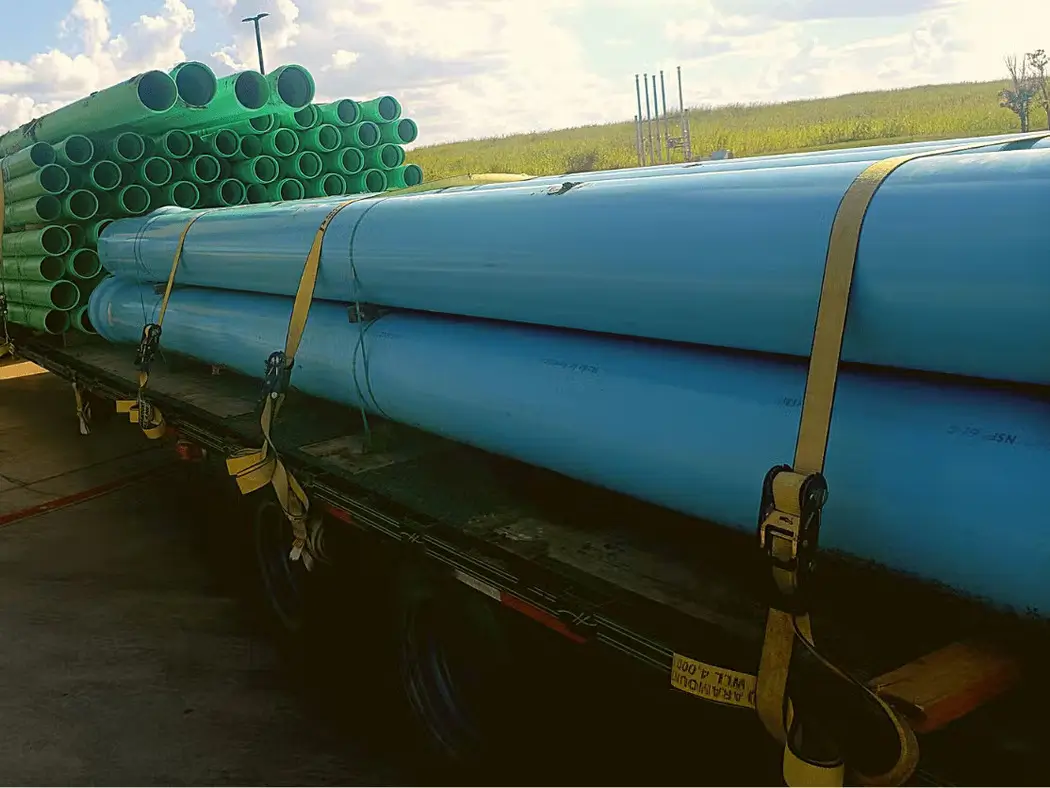
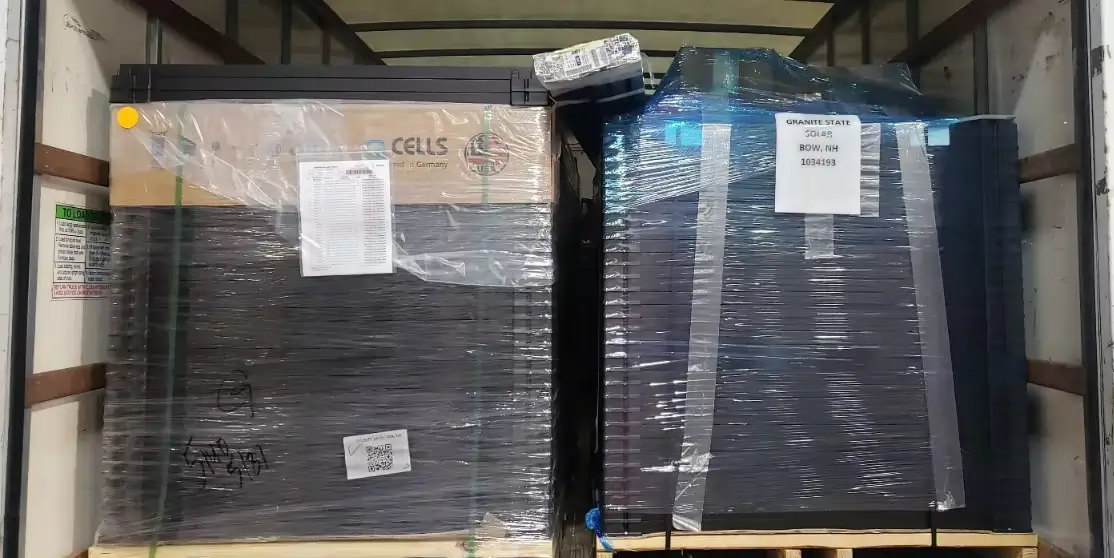
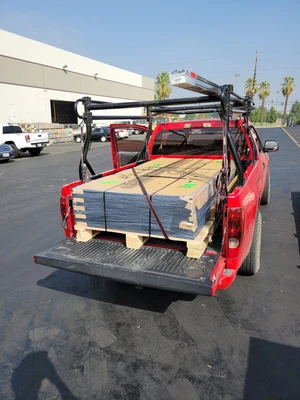
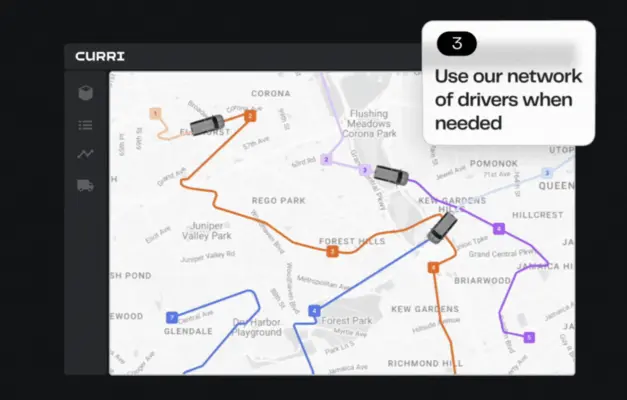


-min.avif)



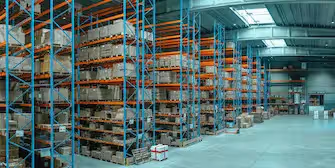

.webp)
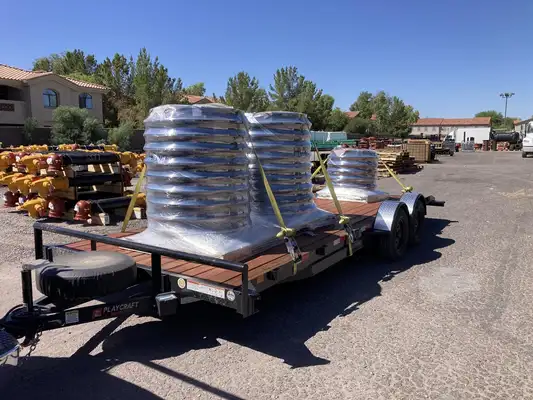
.webp)
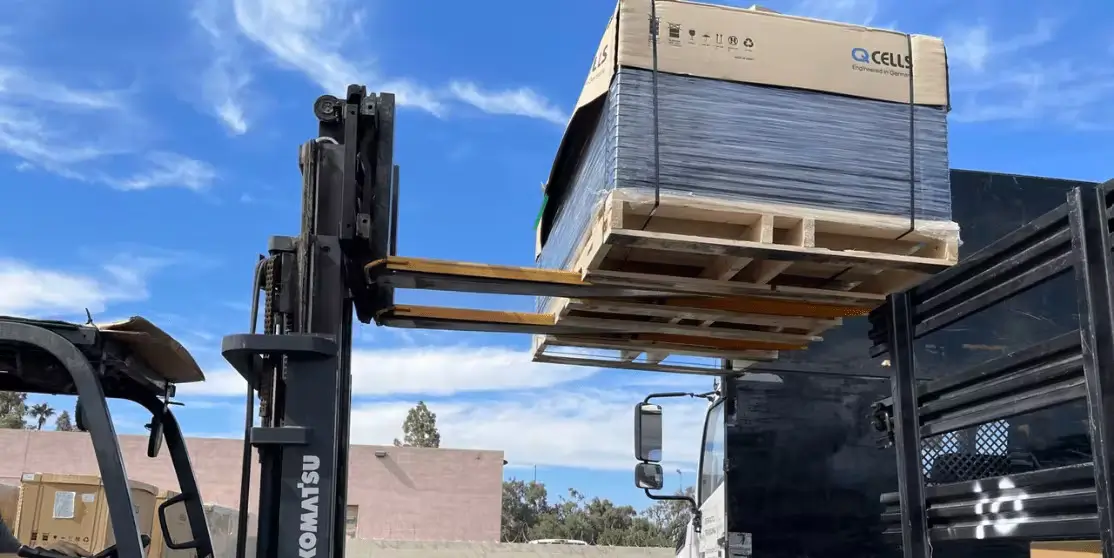
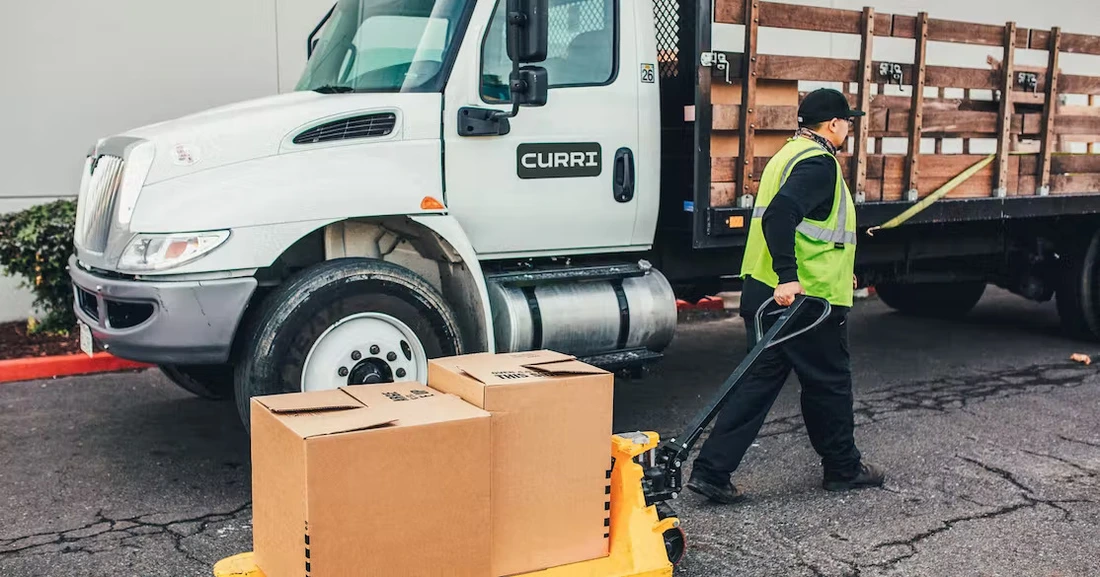
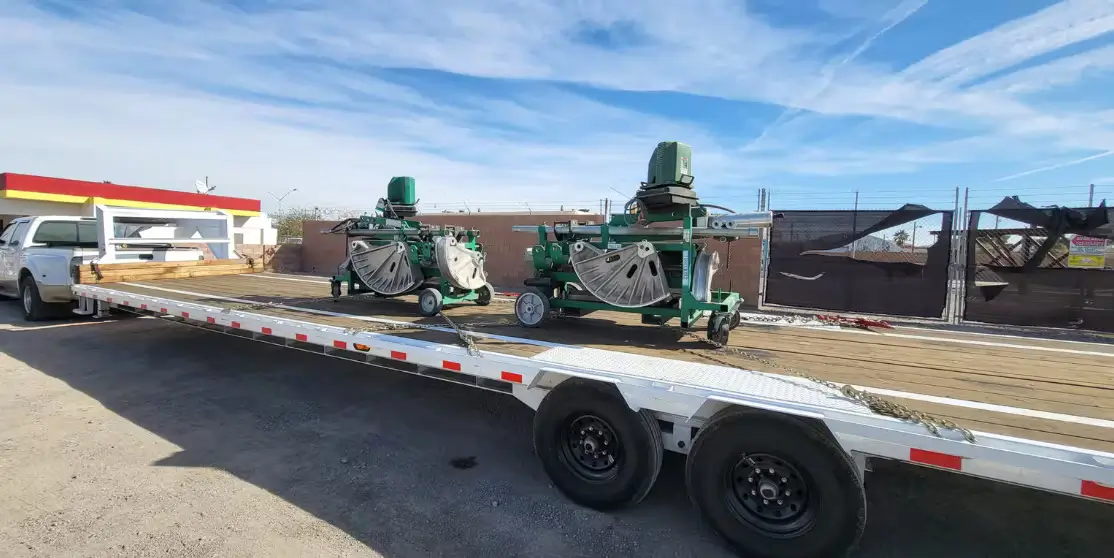
-min.avif)

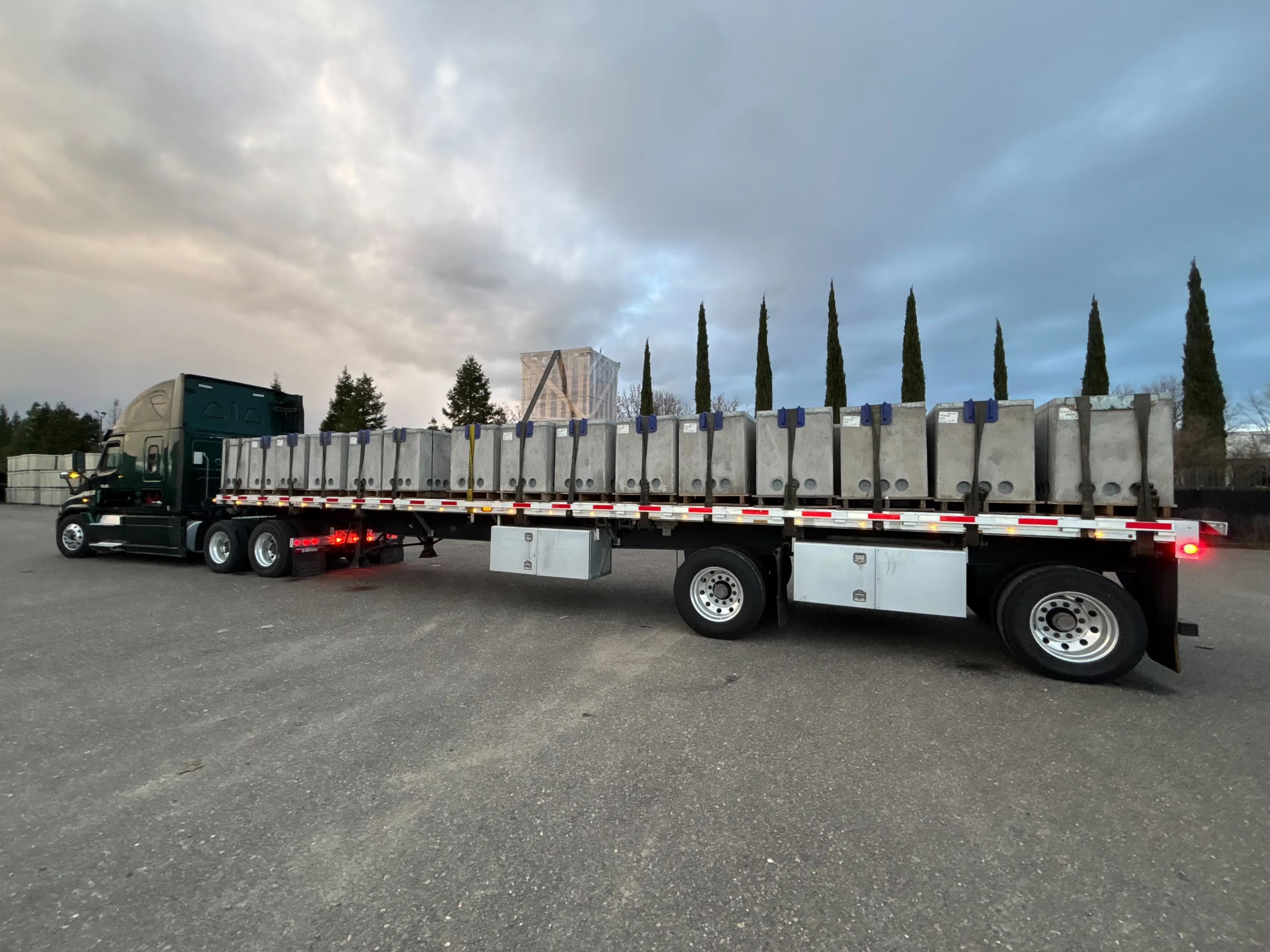

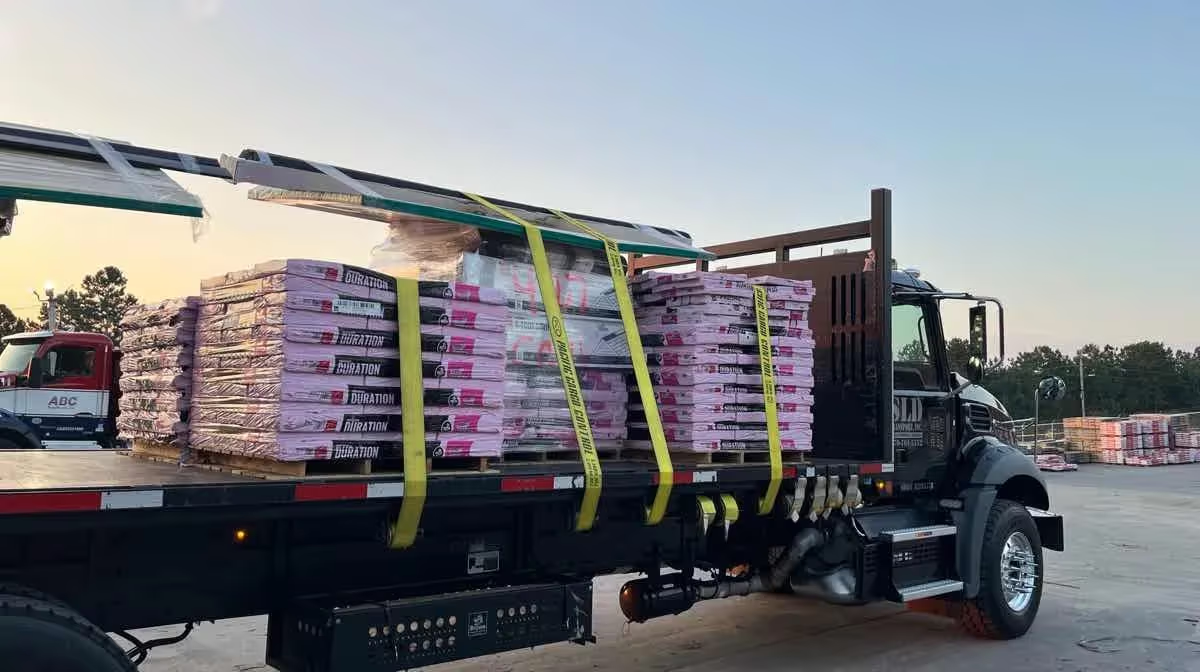
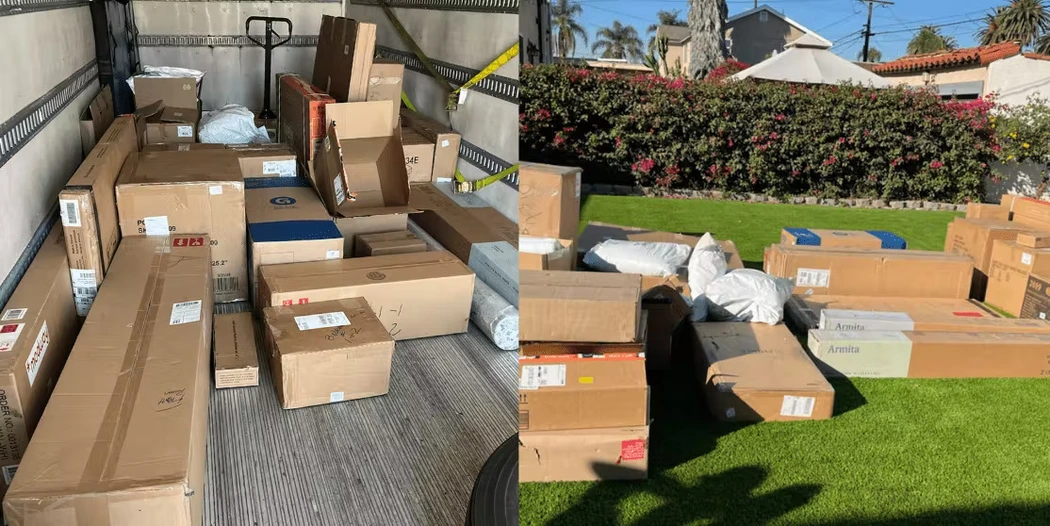
-min.webp)

.webp)
-min.webp)
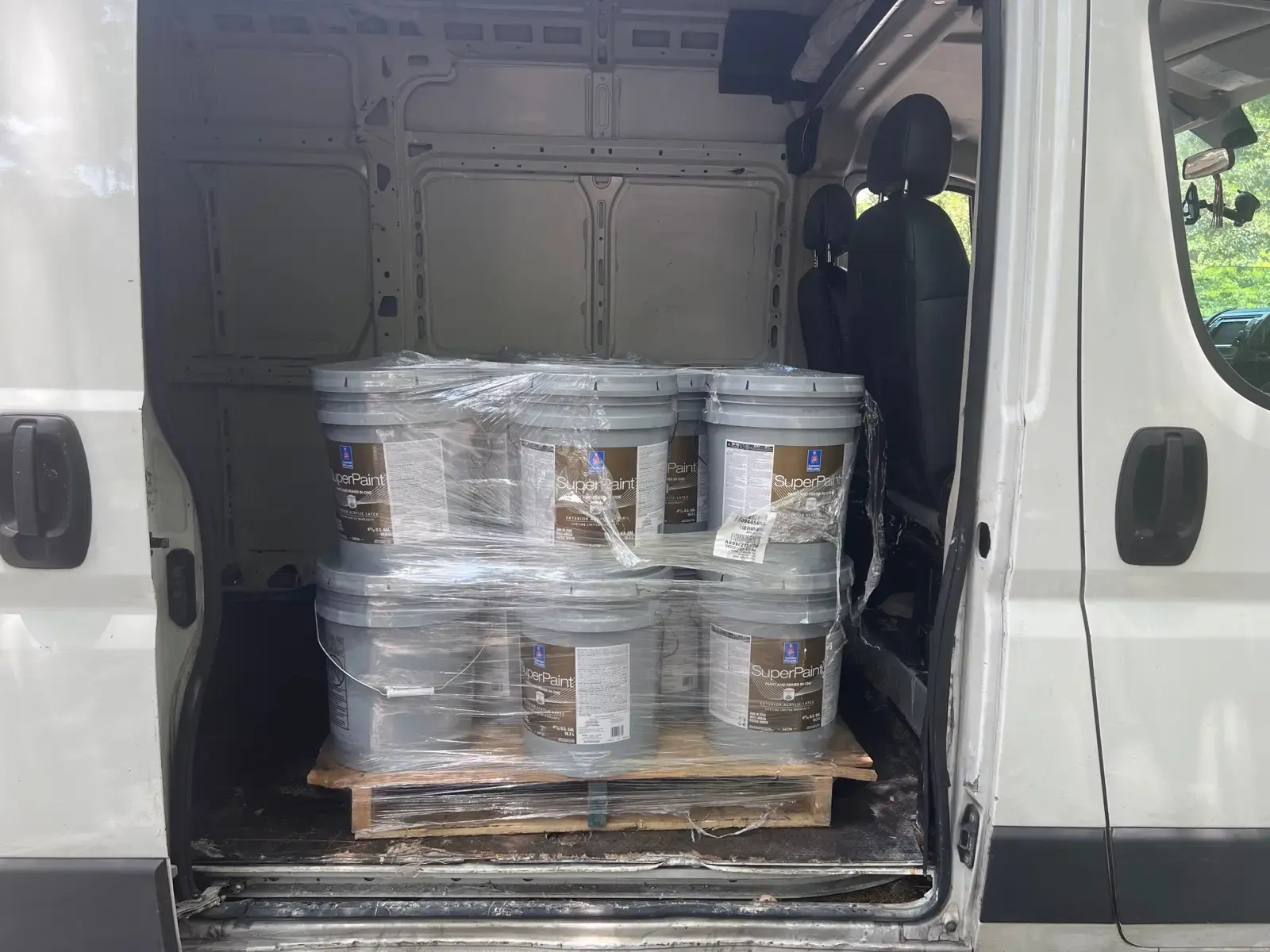
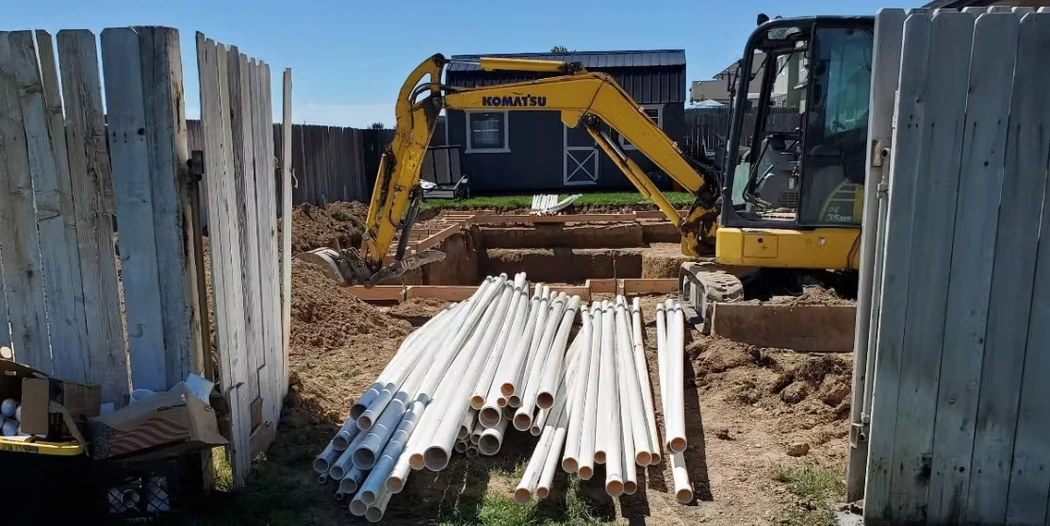

.webp)

.webp)
.webp)
